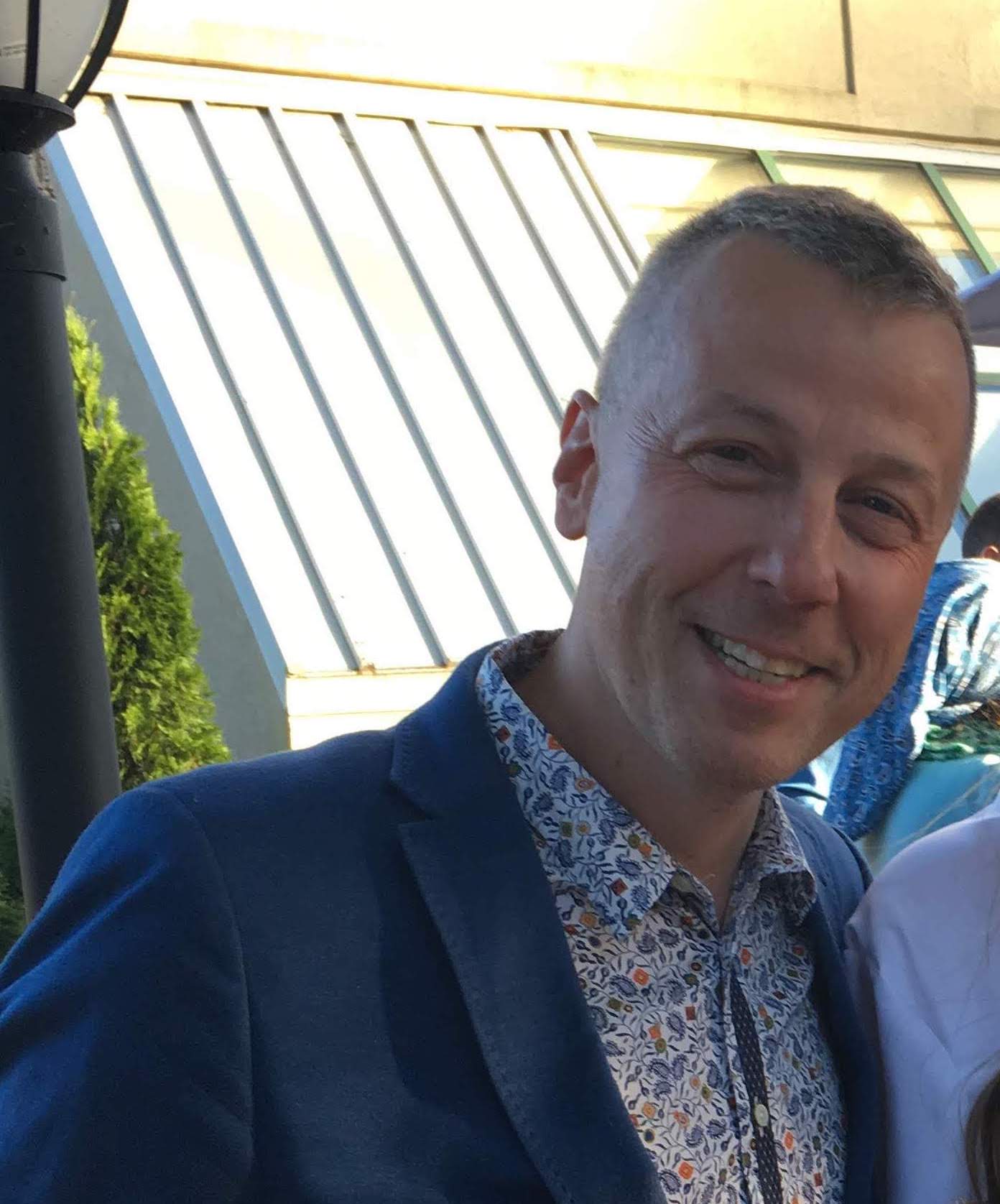Dr. Alexander Neumeister is a neuroscientist and psychiatrist whose research focuses on the intersection between pre-clinical research and psychiatric treatment.

Dr. Alexander Neumeister received his M.D. from the University of Vienna in 1990. Specializing in neurology and psychiatry, he quickly distinguished himself as a leader in brain sciences, working with the National Institute of Mental Health before moving on to direct programs at several prestigious American universities.
Dr. Alexander Neumeister’s primary focus has been translational research, assembling teams to make the often-difficult leap from pre-clinical research to psychiatric treatment trials and applications.
How did you get started in this business? What inspired you to start this business?
We got started in this business to develop novel treatments for post-traumatic stress disorder (PTSD). There is no FDA approved treatment available at this point for PTSD, which is surprising because we know how prevalent trauma is. If you consider that probably 15-20 percent of the population gets exposed to severe trauma at least once if not repeatedly, and then some of that population develops psychiatric symptoms that require treatment, it’s very surprising that there’s no treatment out there specifically designed for this condition. This was a strong motivator to take this as a primary focus at the firm in which I oversee the scientific agenda right now.
How do you make money?
We make money by consulting with academia and other federal agencies such as The Department of Defense. We also work with small and big pharmaceutical companies who recognize that there may be a tremendous market out there to develop a specific treatment for this indication, but at this point, have not been successful.
How long did it take for you to become profitable?
It took a few months to establish contacts and establish the relationships that were necessary to make it profitable. Since I have been working in this area for at least 15 years in different academic settings, I think that there is some name recognition when it comes to my name linked to PTSDscience, and that certainly helps to find proper partners for this effort.
How did you get your first customer?
Over the past decade or more, I have tried to understand the effects of stress and trauma on people not only when it comes to changes in their behavior but also the neurobiological correlates of these changes and how it affects the body in general. That is really what I am known for, and that’s how I started to establish contacts with academic institutions and also federal and private agencies who have an interest in this topic.
What is one marketing strategy that you’re using that works well to generate new business?
I think when it comes to the effort of treatment development, it’s essential to strictly focus on letting the science lead you. It’s critical to have a strict scientific approach to the problem and to the question of what treatment may work and which pathway to follow. There’s accumulating scientific evidence for specific pathways that may be more promising than others. I think once people understand your approach you can come up with a convincing story, which is how we direct our strategy.
What is the toughest decision that you’ve had to make in the last few months?
To acknowledge that mistakes have been made in the past, to learn from these mistakes, and establish a business on the highest ethical grounds possible.
What do you think it is that makes you successful?
I think what makes me successful is, on the one hand, to be passionate about what I’m doing and to also, of course, have the proper training in those areas. I am a trained psychiatrist and neurologist which helps me understand the structure of the illness, and the development of symptoms that people present. On the other side, I have additional training in translational research, and that allows me to combine all the preclinical evidence into the clinic in a meaningful way, which increases the likelihood of success when it comes to novel treatment development. It also brings an immediate benefit to the patients. I think this a particularly strong and positive situation that is not only of academic interest but brings immediate benefit to the participants in trials.
What has been your most satisfying moment in business?
I think the most satisfying moment is really once you realize that you can make a difference and that you can advance the field. I hope based on the science that we can make a difference in treatment development for this patient population.
What does the future hold for your business? What are you most excited about?
Hopefully, we can translate these early efforts into clinical practice such that the work done in clinical trials will becomeaccessible to the broader population with PTSD and other trauma-related pathology. This is a huge patient population and trauma can happen to anybody. To make these treatment efforts accessible to the broader population is where we hope to take our efforts.
What books have inspired you?
My favorite author has been and probably always will be Shakespeare. There are different plays which I truly enjoy reading. When it comes to understanding patients and understanding the psychopathology of a patient, my old mentor, Dr. Roland Kuhn, who was a psychiatrist and a philosopher deeply inspired me. His understanding of psychopathologyopened the world to understand the changes in the life of a patient with different psychiatric illnesses, whether they are affected by depression, or schizophrenia, or other psychiatric disorders.
Leave us with one point that few individuals know about your company.
We are open to the public and invite the public, specifically trauma victims, to reach out to us and get affiliated with us so that we can not only educate them about PTSD but also invite them to participate in our clinical trials.
Alexander Neumeister around the web:
https://www.omicsonline.org/author-profile/alexander-neumeister/
https://sites.google.com/view/alexanderneumeister/home
https://www.linkedin.com/in/alexander-neumeister-1660b3b5/
http://ktvn.api.franklyinc.com/story/39291341/dr-alexander-neumeister-prominent-neuroscientist-and-psychiatrist-announces-new-consulting-practice
https://community.thriveglobal.com/stories/46457-ptsd-anxiety-and-stress-what-does-it-take-to-live-with-it
https://community.thriveglobal.com/authors/17265-dr-alexander-neumeister
https://medium.com/@alexanderneumeister/you-have-ptsd-now-what-dr-alexander-neumeister-weighs-in-917e52b71649
https://www.newswise.com/articles/alexander-neumeister-md-receives-outstanding-scientific-achievement-award-from-the-international-society-for-traumatic-stress-studies
https://www.crunchbase.com/person/alexander-neumeister#section-overview
https://www.quora.com/profile/Alexander-Neumeister-1
https://www.levo.com/alexander-neumeister
https://disqus.com/by/alexanderneumeister/
https://independent.academia.edu/alexanderneumeister1
https://www.ted.com/profiles/11290279
https://alexanderneumeister1.contently.com
http://alexanderneumeister1.simplesite.com

